Football has always had a love-hate relationship with the dark arts. It's part of the game’s DNA, especially when it comes to winning. Whether it’s a tactical foul, time-wasting, or masterfully breaking the opposition’s rhythm, the dark arts have been a staple of successful teams for decades. And when we talk about this brand of football, there are a few names that come to mind.
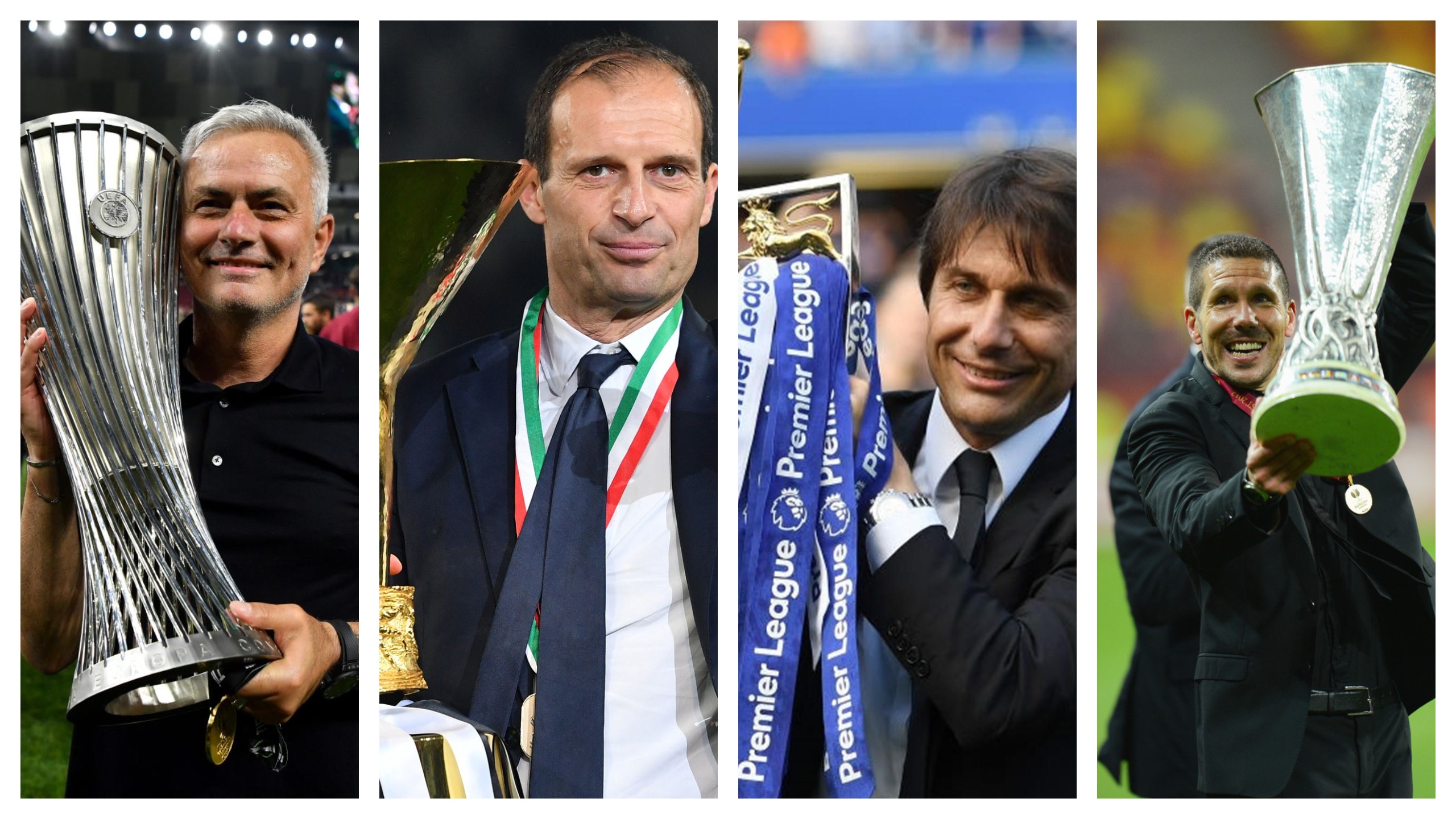
Let’s start with José Mourinho’s Chelsea team from the mid-2000s—the undisputed kings of defensive resilience. During the 2004/05 Premier League season, Mourinho’s Chelsea side not only won the league, but they did so with a staggering 15 goals conceded all season—a defensive record that still stands.
Then there’s Max Allegri, the Italian mastermind who turned defense into an art form at Juventus. Under Allegri, Juve embraced the old Italian mantra of “catenaccio,” prioritizing defensive organization above all else.
Of course, these aren’t the only managers who’ve embraced the dark arts. Diego Simeone at Atlético Madrid has practically made it his brand. His teams are warriors, built on an aggressive defensive structure that frustrates opponents and snatches victories. Antonio Conte’s Inter Milan and Chelsea sides followed a similar blueprint, winning titles by mastering game management and defensive solidity. And let’s not forget Alain Giresse’s Senegal or Óscar Tabárez’s Uruguay, who often play with the same edge, suffocating their opponents with a gritty, no-nonsense approach.
A well-placed tactical foul, or just the right amount of drama to provoke a rival into seeing red. And if social media has taught us anything lately, it’s that Arsenal is the new Hogwarts of football’s dark arts.
The Rise of Arsenal’s Villain Era
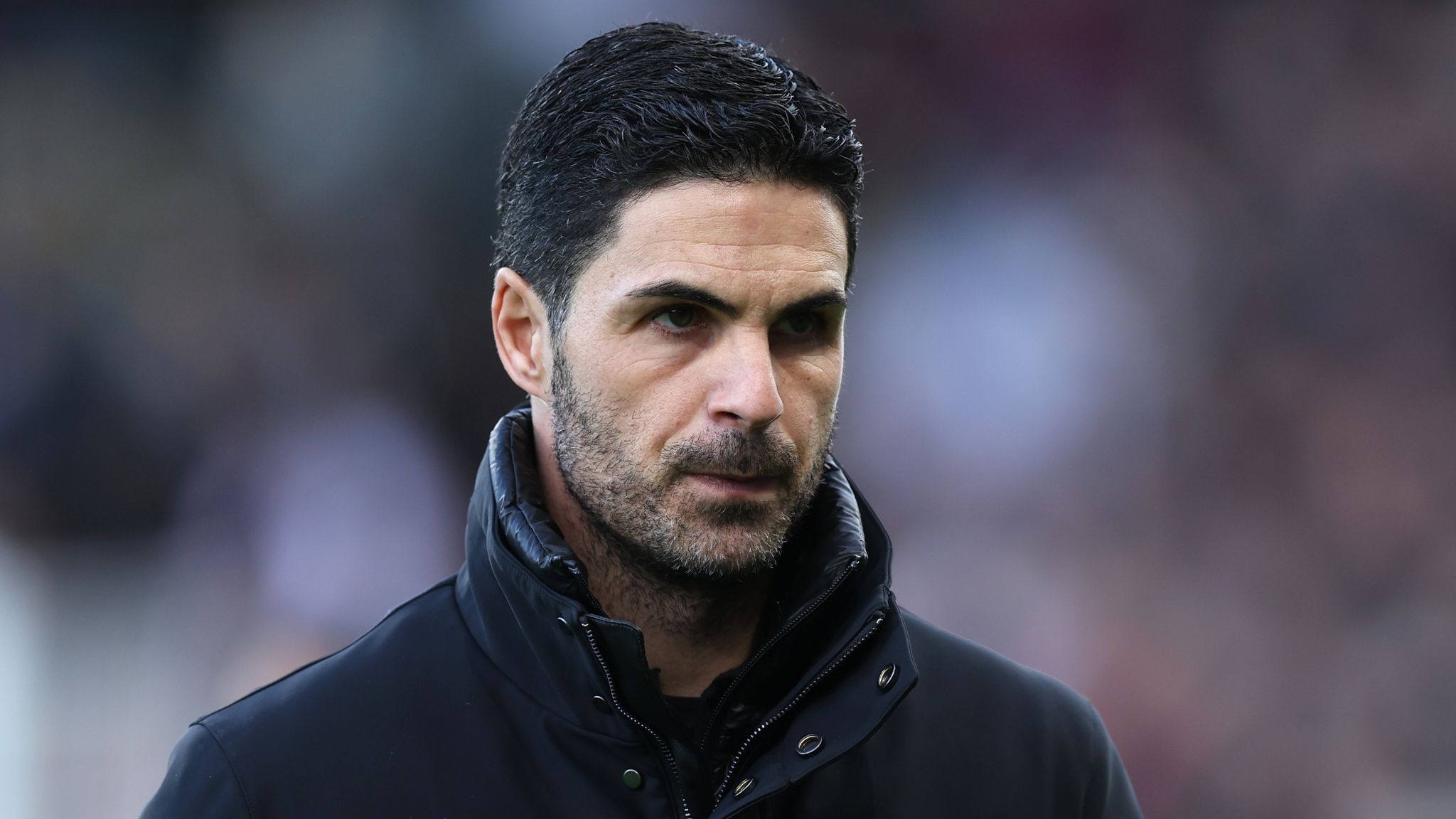
But then something changed. Enter Mikel Arteta, a man who spent his formative coaching years under Pep Guardiola but seems to have also done a semester abroad with José Mourinho. Slowly but surely, Arsenal’s game has gotten nastier, grittier, and—dare I say it—smarter.
But is this really dark arts? Or are we just seeing a team that’s learned to play football with a little more edge?
“We Didn’t Start the Fire”
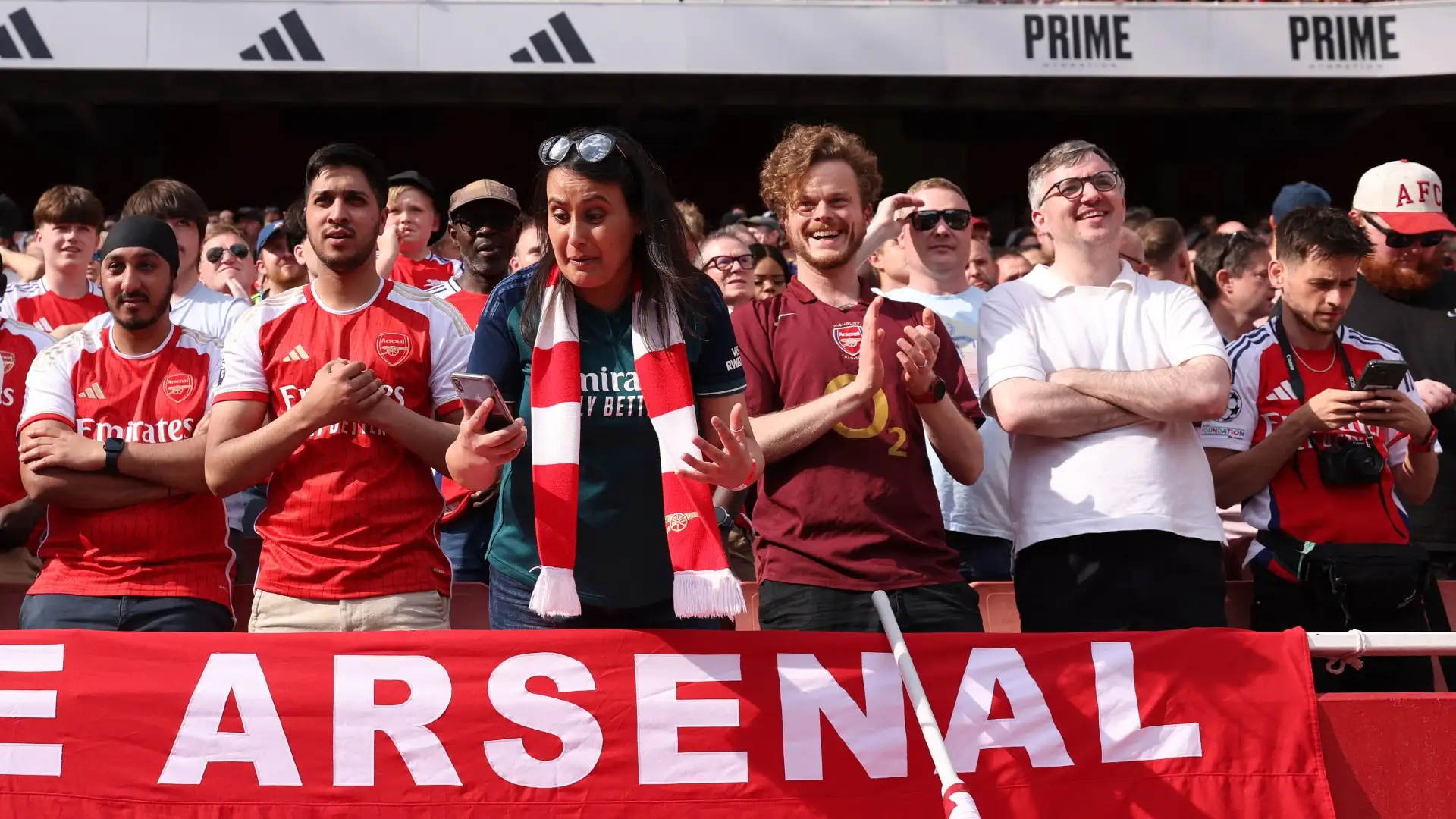
Let’s be clear—Arsenal didn’t invent the dark arts. They’ve just gotten really good at it. If you ask Arsenal fans, they’ll tell you that their team is just playing smart. “We’ve been victims for years,” they’ll say, “now we’re fighting back.” It’s the football equivalent of saying, “We didn’t start the fire, but we’re sure as hell not putting it out.”
And honestly, can you blame them? For years, Arsenal’s been the team that gets bullied off the ball, and now they’re giving it back. The rest of the Premier League doesn’t like it, but Arsenal’s fans are loving it.
The Good Guys Always Lose, Right?
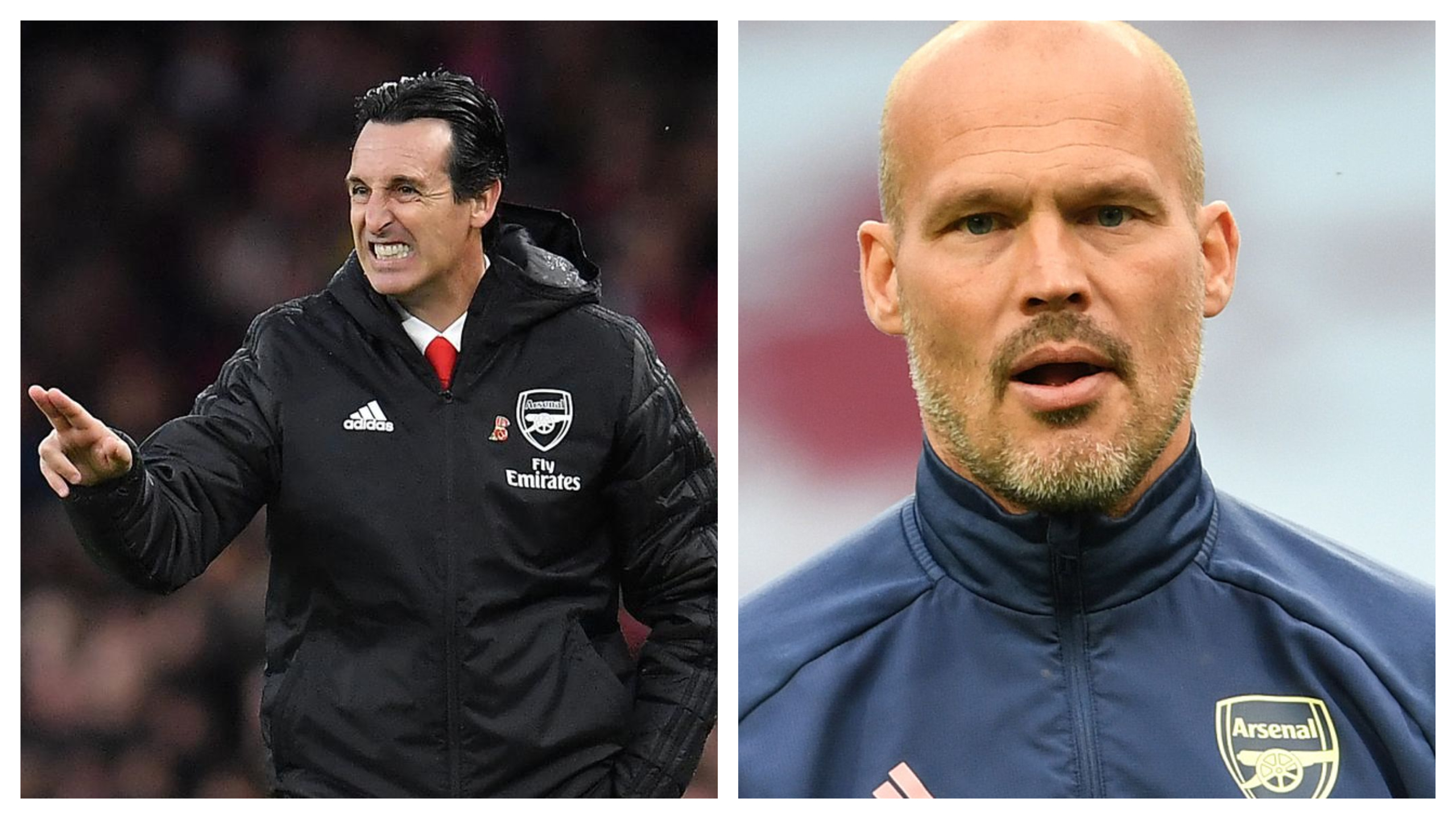
Because here’s the thing: nobody remembers the good guys. They remember the winners. Mourinho knew that, and now Arteta’s learning it, too. Winning pretty is great, but sometimes winning ugly is even better. And right now, Arsenal’s starting to master the art of the ugly win.
The Dark Arts in Football: Love It or Hate It?
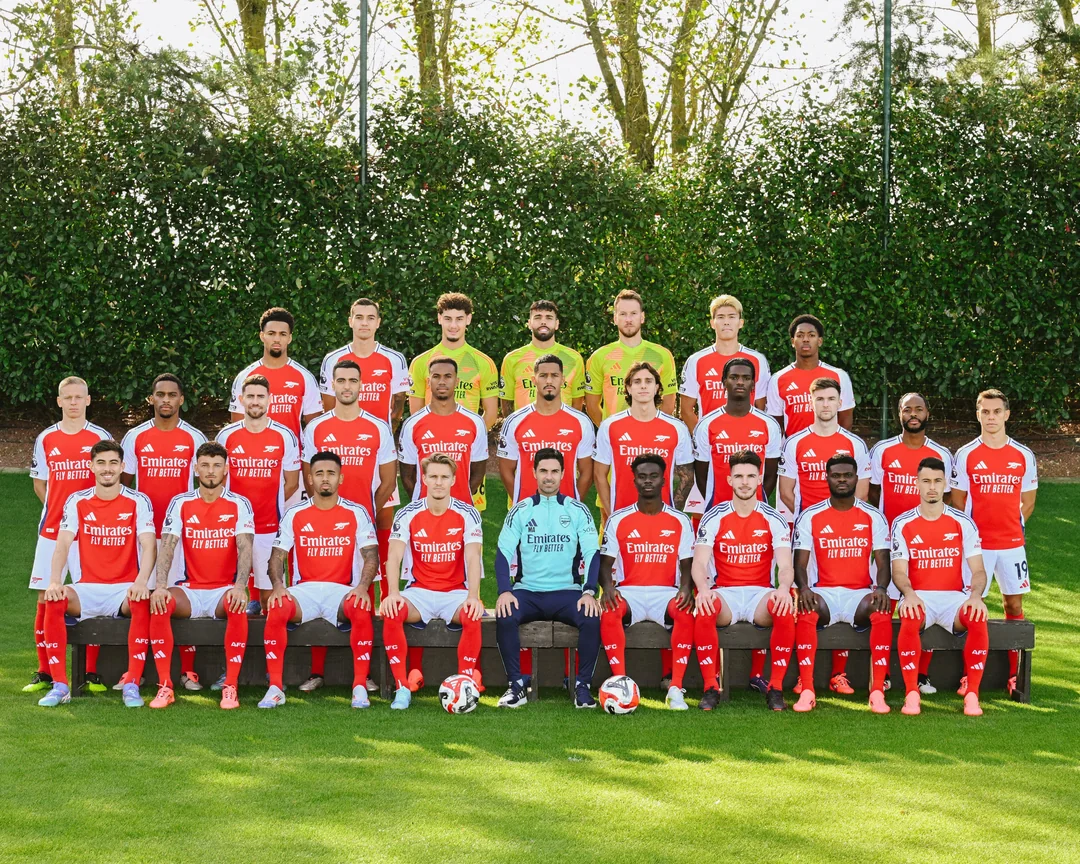
Arsenal’s not the first team to embrace the dark arts, and they won’t be the last. But right now, they’re the ones doing it best. And whether you love it or hate it, you can’t deny that it’s working.
The question is, how long can they keep it up before the rest of the league catches on? Will Arsenal’s villain arc end in glory, or will it eventually catch up to them? Either way, one thing’s for sure: the dark arts are here to stay. And in today’s game, that might be the smartest move of all.

